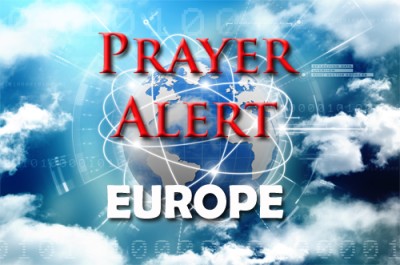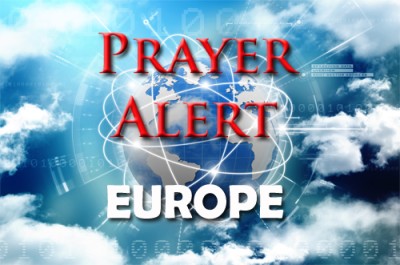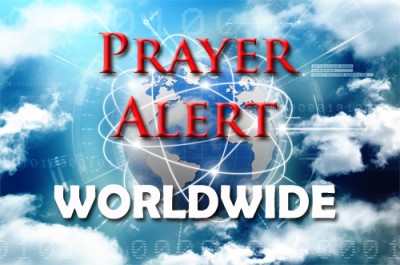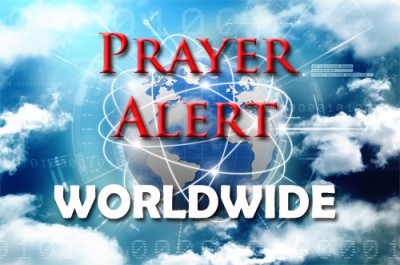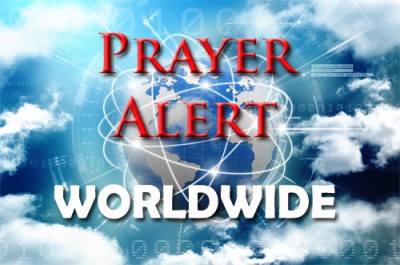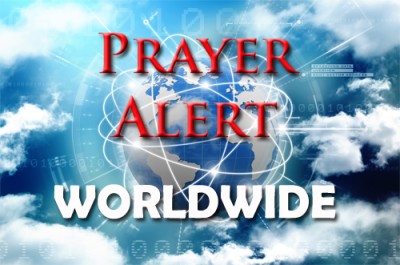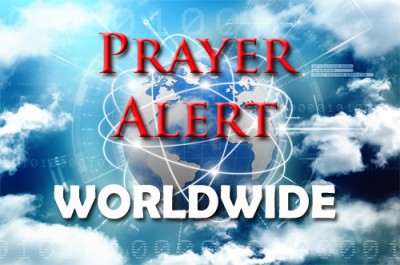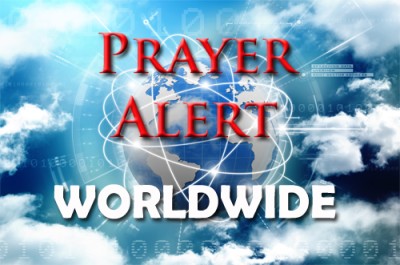Poland: bitter election campaign splits country
12 Oct 2023In the old shipyard in Gdansk, where striking workers were once the catalyst for major political change, young Poles now worry that the rights and freedoms won by the Solidarity movement over three decades ago are at risk, as the ruling right-wing Law and Justice party (PiS) campaigns to secure a record third term in office. Critics point to the shrinking independence of the courts under PiS and backsliding on women's rights, including a near-total ban on abortion. There is also concern about media freedom - publicly-funded TV becoming a government mouthpiece - as well as acrimonious wrangling with Brussels on issues from judicial reform to migration. Many Poles regard the election on 15 October as the most important since 1989, when Solidarity candidates swept the board in the first partially-free vote since communist rule. In such a polarised race, much of the campaigning has been nasty: opposition leader Donald Tusk has referred to the government as evil and called the prime minister Pinocchio. Mateusz Morawiecki’s party consistently claims that Tusks’s party represents ‘foreign interests’, painting him as a traitor and a stooge of Berlin. Opinion polls put PiS narrowly ahead - though possibly without a large enough majority to form a government.
In the 85th week of the war, Russia is trying to freeze Kyiv’s four-month-old counteroffensive which has succeeded in wresting back half the territory captured earlier this year and depriving Russia of control of the western Black Sea. On 6 October Russian forces resumed an offensive effort against the city of Kupyansk: they are also attempting to capture Avdiivka, an eastern city which they have surrounded to the north and south. These tactical operations aimed to stop what has been a slow but steady Ukrainian advance, ahead of the Russian presidential elections. Despite these attacks, Ukraine seems to be pressing on with the counteroffensive. Meanwhile, two Ukrainian brothers have been accused of responsibility for organising the Russian missile strike on a shop and café in the village of Hroza, also on 6 October, which killed 55 civilians out of a population of 350: see
Israel / Hamas conflict: ongoing war
12 Oct 2023On 12 October, Israel said there would be no humanitarian break to its ‘total siege’ of the Gaza Strip until all its hostages were freed, even though the Red Cross pleaded for fuel to be allowed in to prevent overwhelmed hospitals from ‘turning into morgues’. Israel has vowed to annihilate the Hamas movement which rules Gaza, in retribution for the deadly attack on 7 October, when hundreds of gunmen poured across the barrier fence and rampaged through Israeli towns. The death toll in Israel is at least 1,300, with more than 2,700 injured and about 150 taken hostage: in Gaza it is at least 1,400, with over 5,600 wounded. The only power station in the enclave has run out of fuel, and already some 340,000 have been made homeless by Israel’s bombing campaign. Hamas militants holding Israeli soldiers and civilians hostage have threatened to execute a captive for each home in Gaza hit without warning. Meanwhile, Israel has shelled towns in southern Lebanon in response to a fresh rocket attack by Hezbollah: see
Israel / Hamas conflict: what to pray for
12 Oct 2023On 12 October, Israel said there would be no humanitarian break to its ‘total siege’ of the Gaza Strip until all its hostages were freed, after the Red Cross pleaded for fuel to be allowed in to prevent overwhelmed hospitals from ‘turning into morgues’. Israel has vowed to annihilate the Hamas movement which rules Gaza, in retribution for the deadly attack on 7 October, when hundreds of gunmen poured across the barrier fence and rampaged through Israeli towns. The death toll in Israel is at least 1,300, with more than 2,700 injured and about 150 taken hostage: in Gaza it is at least 1,400, with over 5,600 wounded. The only power station in the enclave has run out of fuel, and already some 340,000 have been made homeless by Israel’s bombing campaign. Hamas militants holding Israeli soldiers and civilians hostage have threatened to execute a captive for each home in Gaza hit without warning. Meanwhile, Israel has shelled towns in southern Lebanon in response to a fresh rocket attack by Hezbollah: see
Middle East churches' symposium ahead of COP28
12 Oct 2023Dave Bookless of A Rocha writes: ‘On 4-5 October I spoke at a symposium on “Ecumenical Perspectives on Climate Change” held in Beirut by the Middle East Council of Churches. It was remarkable to see all the diverse cardinals, metropolitans, bishops and archimandrites, and hundreds of robed and bearded priests and seminary students, all coming together to address creation care. All the churches of the region were represented - an amazing witness to Christian unity. The whole event was televised across the Middle East. Amazingly, all the Churches of the Middle East have agreed to a joint statement and call to action which will be presented at COP28, due to be held in Dubai at the end of November.’
India: bank agents steal money from customers
12 Oct 2023An exposé has shown that the Bank of Baroda made it simple and easy for its agents to steal money from customers’ accounts - and some of them did. The bank’s employees had linked unauthorised mobile numbers to accounts before uploading them onto the bank’s new mobile app. These numbers were of bank staff, managers, guards, their relatives, and bank agents in remote areas. Internal documents show that some of the bank’s agents withdrew tens of thousands of rupees from customers’ accounts. The bank’s head office has asked the managers concerned to do everything necessary to restore the money to the accounts. The Reserve Bank of India (RBI) has ordered an audit, and has told the bank to stop registering new customers on its app.
Afghanistan: two earthquakes within a week
12 Oct 2023A 6.3 magnitude earthquake has struck western Afghanistan, four days after a series of deadly quakes left at least a thousand people dead. This second earthquake struck an area near Herat early on 10 October. There are conflicting reports about the number of casualties: one spokesperson reported at least 120 injured. It flattened all 700 homes in Chahak village, which was untouched by Saturday’s quakes. Rescue workers and volunteers have been working around the clock to try to dig out survivors and bodies from the ruins of the villages since the weekend. Relief efforts have been hampered by poor infrastructure in the impoverished country, following decades of war and a decline in foreign aid.
Algeria: church leader convicted
12 Oct 2023Church leader Rev Youssef Ourahmane has been convicted of holding an unauthorised religious assembly and sentenced to two years’ imprisonment and a fine equivalent to approximately £600. He is vice-president of the Èglise Protestante d’Algérie (EPA), an association of around 45 Algerian churches which have been suffering under a severe crackdown that began in 2017. Many EPA-affiliated churches have been forced to close. In March 2023 a small number of Christian families spent three days in a church compound under Rev Youssef’s supervision. The small church in the compound had been sealed by order of the provincial governor in 2019. The pastor was charged with holding an unauthorised religious assembly and holding worship in a building not permitted for worship. He was convicted in absentia and was not informed of the court hearing or the verdict until mid-September. He has appealed the verdict: a hearing date has been set for 19 November.
